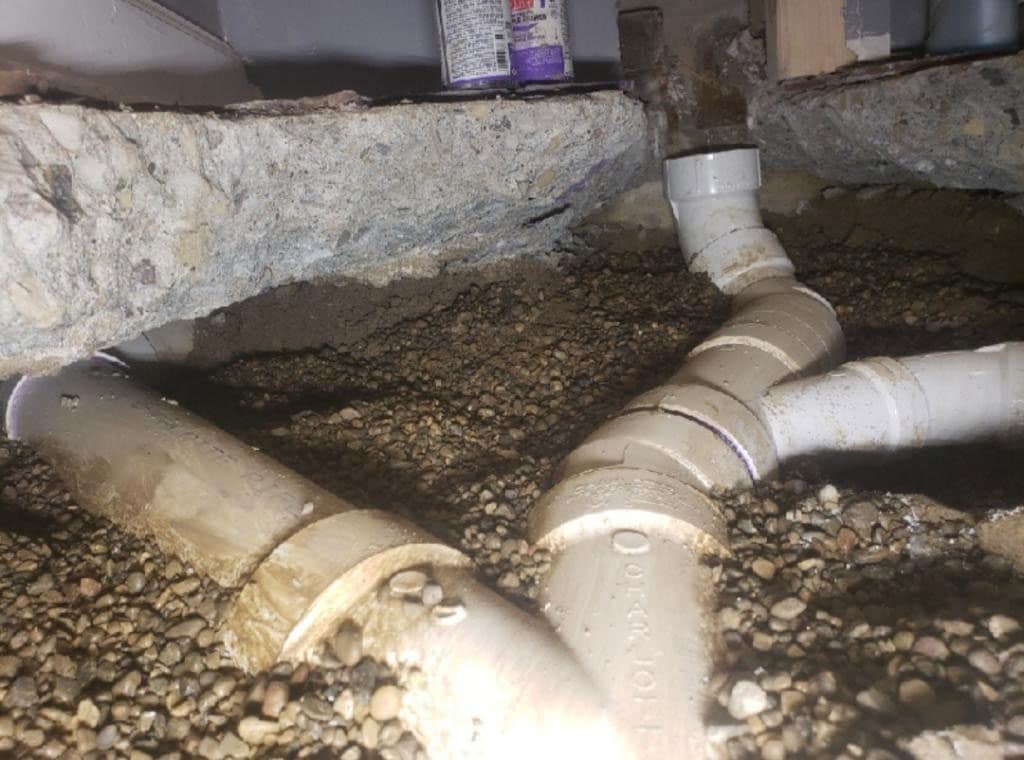With the heavy rains of spring rolling in, it’s time to prepare for the event of a sewer backup. If you’re unprepared and heavy rain causes the city’s sewer system to back up into your home, then you’ll have an unfortunate situation on your hands. Best case scenario, some of your things will get ruined and you’ll need to pay for a cleanup. Worst case scenario, the flood of sewer water could put you in danger.
What to do if the sewer backs up into your home
The first step you should take in the event of a sewer backup is to make sure that you are safe. Take a look at the water to see if it is clearly contaminated or not. If the water looks dirty, don’t go near it to avoid the risk of infection. If the water is clean, you’re still not out of the woods. A flood of water can reach electrical sockets and electrify the water, making even a slight touch of it a life-threatening risk. Another threat to watch out for is a gas leak. A flood can put out a pilot light, leaving gas free to enter your home. If you smell gas or you suspect the water is electrified, get out of the home and contact an emergency service, like your electric company or gas company.
If the area is safe, then all you can do is wait. You won’t likely be able to stop the flood, so you’ll have to wait for the rain to stop so that the city’s sewer system can effectively drain the water. But you’ll still be left with water in your home. Depending on how much there is, renting a wet vacuum could help you clear out the water before it causes damage to your home. We recommend calling a professional cleanup service, as they can safely and effectively get rid of any standing water and check for damage that it has caused.
How to prevent future sewer backups in your home
You can’t control the quality of your city’s sewer system, but you can take steps to stop the water from flooding your home. One simple, cheap fix is to make sure that your sewer trap plugs can effectively plug the drain. If there is any part of the drain that isn’t plugged in, you’ll need to replace the plug. You can find a fit-all plug at the hardware store for a small price that will effectively plug any drain. With this in place, you’ll save tons of stress and money.
Another relatively simple way to prevent sewer backups is by installing a backwater check valve if your home doesn’t already have one. This valve is operated by the flow of water and ensures that water can only flow one way. The valve has a door on a hinge that allows water to flow from your house to the sewer. If the sewer backups up and flows toward your house, the water will push the door on the hinge into the closed position, stopping the water flow.
Bison Plumbing | Professional sewer backup prevention
When it comes to plumbing, few things are more frustrating than a backed-up sewer. Having water flood into your home and ruin your things, even put you in danger, all because something out of your control would upset anyone. However, there are some things you can do. With the professional help of the experts at Bison Plumbing, you can take the preventative steps mentioned earlier to at the very least lessen the amount of sewer water that backs up into your home. This could save you thousands of dollars and days of stress.
To learn more about how we can help you prevent a sewer backup, give us a call at (586) 204-6576 or send in an online contact form!
Other Related Plumbing Articles
Checking Your Sewer System
Fixing a Leaky Dishwasher
When Do You Need Hydrojetting?
Ways To Lower Your Water Bill



